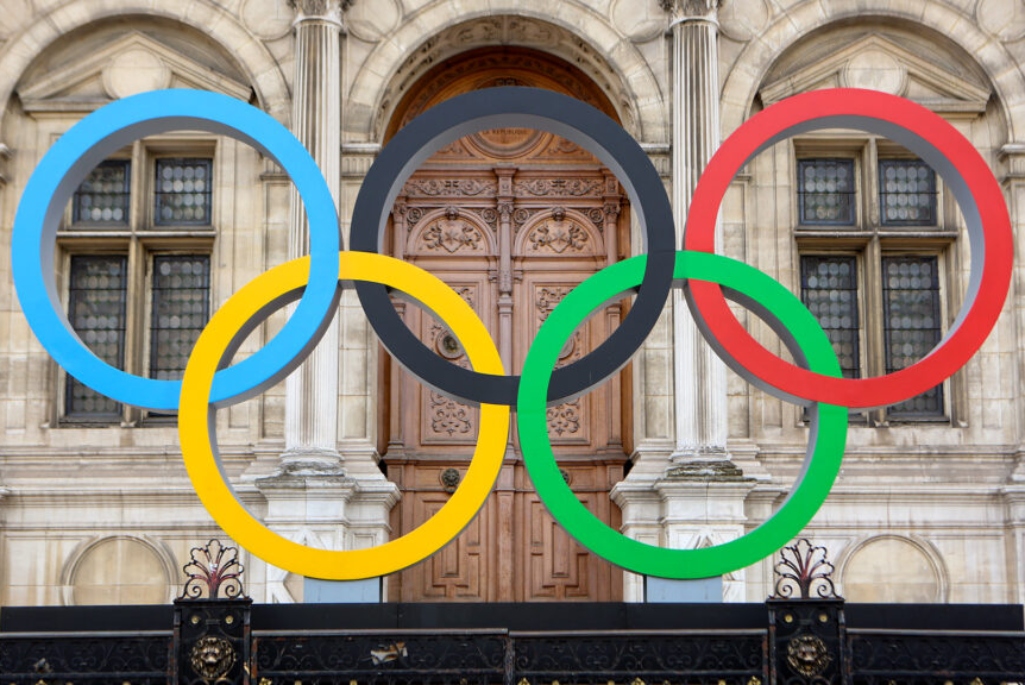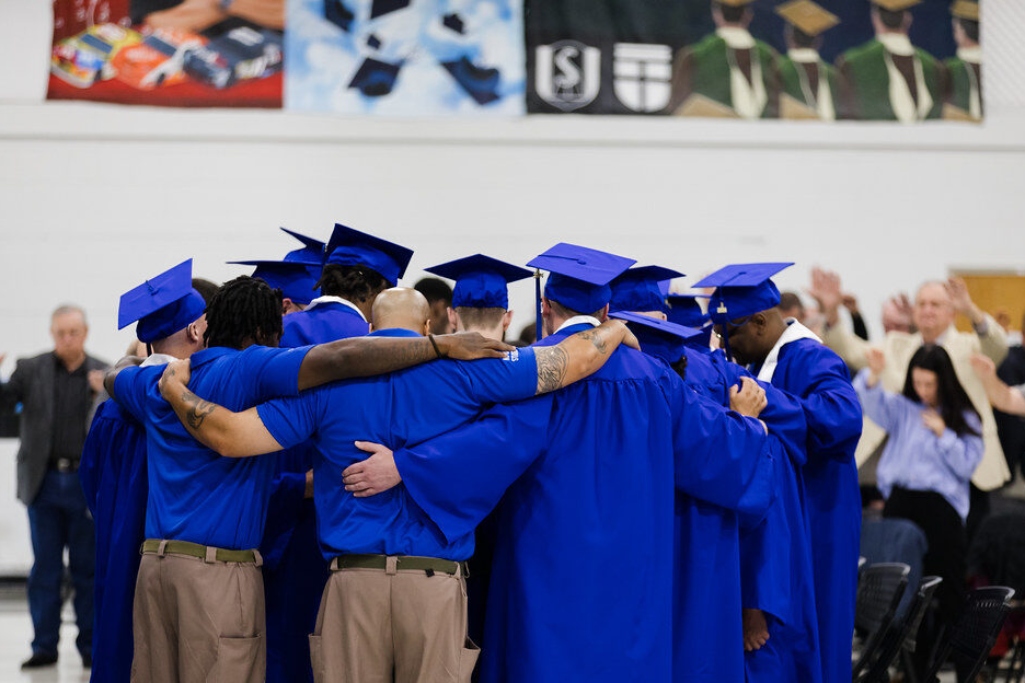
IMB missionaries will employ multiple strategies for gospel sharing during the Paris Olympics. One of which is a digital engagement strategy.
PARIS (BP) — In front of an Olympic venue, her phone camera hovers over the Olympic pin. The link appears and she selects her language, scans the landing page and then decides she’d like to chat live with someone. Hesitatingly, she types “Hello” and waits.
Three gray dots bounce up and down, indicating someone is responding. The answer comes from a digital responder who’s sitting on their couch, nursing a coffee as they wait anxiously for this moment. From there, a conversation starts, diving into the “Who am I” question she and so many people grapple with today. Jesus says He is the way, the truth and the life, the volunteer shares, and then they talk about who we are in Christ.
This is the kind of interaction International Mission Board (IMB) missionaries are hoping and praying for.
Thousands of people from across the globe will descend on the city that’s home to the Eiffel Tower for the Olympics. The IMB has ministered at many Olympics, and volunteers who’ve traveled to the global cities have long been crucial to its ministry strategy. While ministry has been successful, interactions are often fleeting as visitors scatter.
That’s where digital engagement strategies come in. While volunteers are traveling to Paris to serve, people can also minister from their living rooms.
How?
The IMB is using a digital engagement strategy that will extend the on-the-ground evangelism. Brant Bauman, who serves with the IMB as a digital engagement strategist in Europe, said pin trading is a favorite Olympic pastime, and for many years, Southern Baptists have used custom-designed pins in their outreach.
Bauman and other missionaries created three pins, each available at a different location, so pin traders have multiple opportunities for gospel conversations with on-the-ground volunteers.
The Olympic pins have an NFC tag (near-field communication), which, with just a tap of one device to another, takes you to a website with questions and information about who Jesus is. It has a YouVersion Bible reading plan as well as the option to chat live with a biblical responder who speaks one of the 16 languages the team chose.
Messages from interested people will also be coming in from social media ads that will run both in Paris and around the world.
What this strategy relies on is people who are willing to be responders to these “chat now” requests.
Bauman said without responders who speak different languages, gospel conversations with people asking about Jesus can’t happen. This approach expanded on the digital engagement strategy used in Ukraine and with Ukrainian refugees. QR codes connected Ukrainians with Ukrainian speakers who were available to chat.
Potential Olympic responders may have wanted to travel to Paris to serve physically but couldn’t for varying reasons like finances, health or timing, Bauman said. Signing up to serve as a responder is a way to be involved while filling a crucial need. He noted the incredible diversity and language skill sets in the U.S. IMB alumni also make for ideal responders, he continued.
“Alumni have cultural knowledge. They’ve spent time on the field. They have language because they lived there,” Bauman said.
The Olympics and Paralympics start in mid-July and run through the beginning of September. Digital responders can sign up for a weeklong virtual mission trip where they’ll be on call to answer chat requests. Volunteers will go through onboard training that will expand on the strategy and give talking points.
People who chat with a responder during the Olympics can be connected to a missionary serving in their country so that communication can continue long-term. That’s the beauty of this digital engagement strategy. Bauman gave the example of a South African spectator who comes to the Olympics and talks with a volunteer on the ground who gives them a pin. They scan the pin and talk with a digital responder about who they can be in Christ, and then, when they return to South Africa, they are connected to a missionary who continues sharing the gospel.
“This is where the IMB shines. We are well-connected people,” Bauman said.
For those interested in being a digital responder, click here. People can also sign up to pray at certain times. Prayer prompts will be sent daily.
Bauman said this strategy will live on past the 2024 Olympics. His team is looking to use it at World Cups, future Olympics and other large-scale sporting events.


